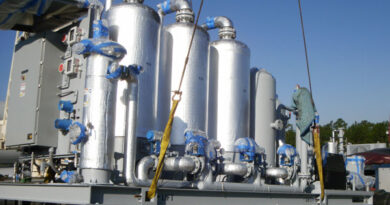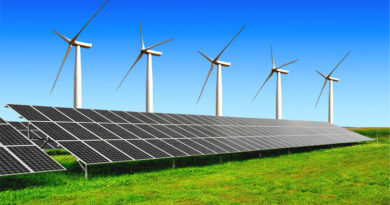MNRE Invites EoI to Study Biomass Potential

The Ministry of New and Renewable Energy (MNRE) has invited Expression of Interest (EoI) to study the potential of Biomass and Bagasse cogeneration power in the country.
A similar study was last conducted in 2010-11 by the Indian Institute of Science. Which estimated India’s biomass power potential to be 18,000 MW. But, with India’s growth in the overall production of food grains, a new study has been announced and the final date of submission of EoIs has been set to 31st August, 2018.
The purpose of the study is to assess the latest Biomass Power Potential in the country in view of growth in production of food grains. The study will assess the quantum of power that can be generated through available surplus biomass and bagasse in the country. And, the study will assess the respective potential for power generation through Biomass and Bagasse separately.
The MNRE claim that they have been regularly promoting Biomass Power and Cogeneration Programmes with the main objective of the optimum use of the country’s biomass resources for power generation. The power that can be sourced from biomass generation doesn’t only supplement the conventional energy generation, it also protects the environment by reducing GHG emissions. This in return helps in reducing the dependency of the nation on fossil fuels for power generation, which correspondingly reduces the economic burden on the finances due to less import duties. It will also ensure the availability of firm power even in rural areas and adding to the income of rural people especially farmers.
The terms of reference for the study are as follows-
1. To assess the biomass power potential that can be generated through available surplus biomass in the country:
-State-wise crop production,
-State-wise surplus biomass availability and power potential,
-Resource-wise power potential,
-Residue-growth for all the crops depending on the crop yield and other parameters, and most importantly, the current usage trend in terms of nature and magnitude.
2. To assess the bagasse cogeneration power potential in sugar mills that can be generated through available surplus bagasse.
-State-wise sugarcane production,
-State-wise availability of bagasse and power potential.
The final report of the study is to be completed within eight months’ time from the award of the work and assessment of progress will commence from the second month.
Recently, the national policy on biofuels was approved which gives a chance to the government and all related parties to address the problem of continuous shortage in the feedstock. The sustained shortage has been a stumbling block in India’s attempt to realising its biofuel potential and its ambitious target to double the farmers’ income, reducing imports, generating employment opportunities, and waste-to-wealth creation. But, with the policy and a new study to back the potential might help in changing the trend.




